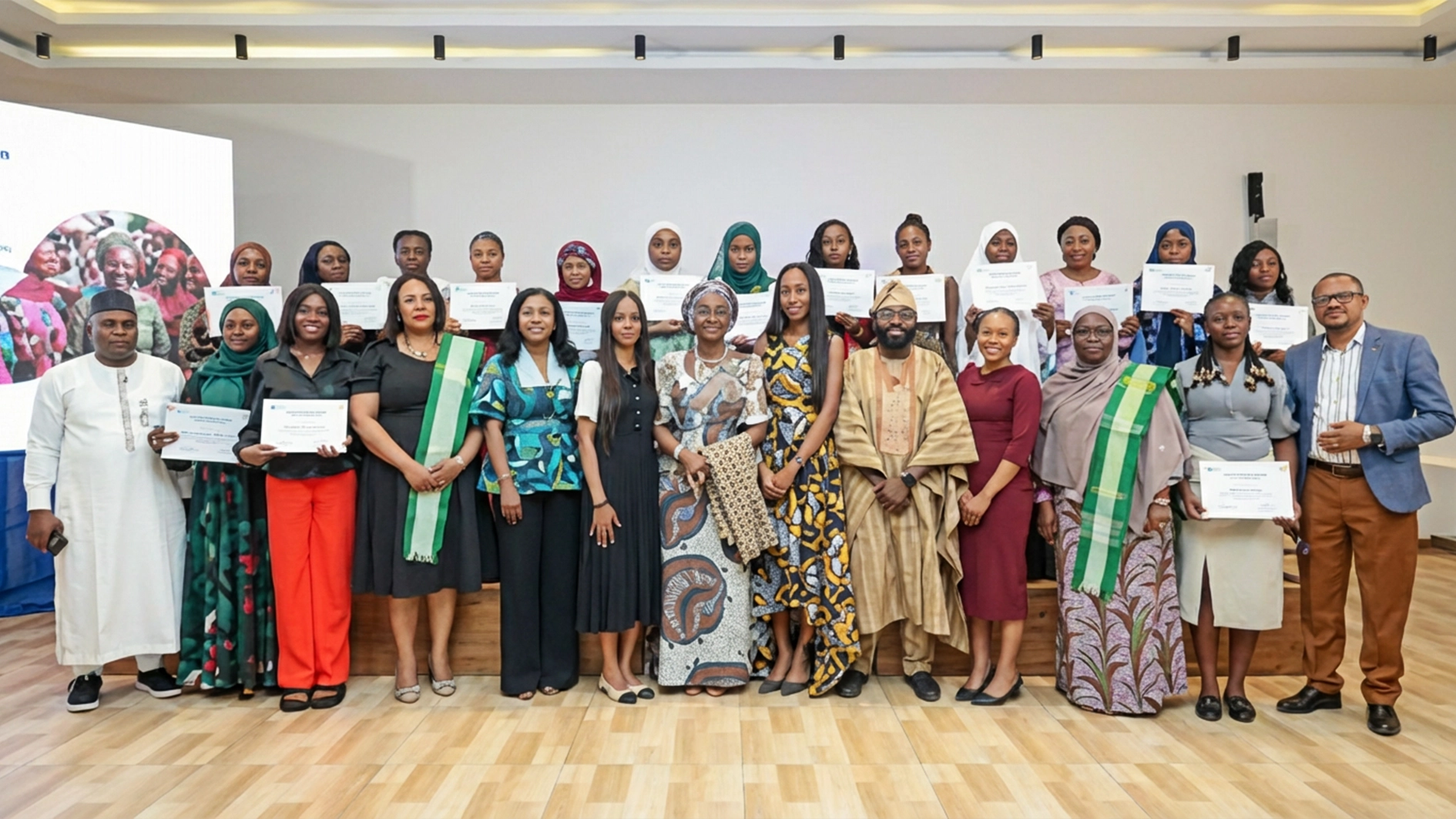
Findings a major advance in malaria vaccine development, say expert
A next-generation vaccine that uses a weakened form of a malaria parasite has shown efficacy and safety in a small number of humans, according to a new study published in Science Translational Medicine.
With this development researchers of the vaccine called GAP3KO might have achieved a milestone in malaria vaccine development.
The study, as reported in medicalnewstoday.com reveals that GAP3KO stimulated an effective immune response against the deadly malaria parasite Plasmodium falciparum, without causing any serious side effects.
The researchers weakened P. falciparum by removing three genes that the parasite needs in order to enter the bloodstream, infect humans, and cause illness.
The scientists in the study gave mice a rodent version of GAP3KO. They found that it protected against malaria infection when the mice were later exposed to an unmodified version of P. falciparum.
Next, the researchers enrolled 10 human volunteers. Each participant was bitten approximately 150-200 times by mosquitoes that had been infected with GAP3KO.
The researchers found that GAP3KO caused each individual to develop antibodies against sporozoites – the immature forms of P. falciparum parasites that cause human infection – and none of the subjects developed malaria or experienced any serious side effects.
“We had already good indicators in preclinical studies that this new ‘triple knock-out’ GAP (GAP3KO), which has three genes removed, is completely attenuated,” says study co-author and principal scientist at the Center for Infectious Disease Research (CIDR) in Seattle, Washington, United States, Sebastian Mikolajczak,(PhD).
“The clinical study now shows that the GAP3KO vaccine is completely attenuated in humans and also shows that even after only a single administration, it elicits a robust immune response against the malaria parasite. Together these findings are critical milestones for malaria vaccine development,” he said.
Malaria is a potentially fatal blood-borne disease caused by Plasmodium parasites, which are most commonly spread though the bites of female Anopheles mosquitoes.
Falciparum is the most widespread malaria parasite, and it is also one of the most deadly; if P. falciparum malaria is not treated within 24 hours, it can cause serious illness or death.
According to the World Health Organisation (WHO), there were approximately 212 million new cases of malaria worldwide, and around 429,000 deaths from the disease, in 2015. More than 90 per cent of malaria cases and deaths occur in sub-Saharan Africa, with the highest burden among children under the age of five.
At present, there is no licensed vaccine for malaria. Prevention strategies for malaria include insecticides, bed nets, and antimalarial drugs, while the primary treatment for the disease is artemisinin-based combination therapy.
Malaria vaccine development: The road so far
While current prevention and treatment methods can be effective against malaria, researchers and health organisations across the globe are in agreement that an effective vaccine is needed in order to eliminate the disease completely.
Until now, a vaccine named RTS had proven the most promising candidate. The results of a Phase III trial published in April 2015 showed that RTS,S – manufactured by pharmaceutical giant GlaxoSmithKline – reduced the number of clinical malaria cases in young children and infants by 26-36 per cent over a three-year period.
RTS,S uses genetically engineered proteins from P. falciparum to generate an immune response, which can stop the parasite from infecting the liver and causing malaria symptoms.
Based on the success of RTS,S in clinical trials, the vaccine will be rolled out in three countries in sub-Saharan Africa in 2018, as part of the WHO’s malaria vaccine pilot programme.
However, the new study suggests a different approach that might lead to the development of a vaccine that is more effective than RTS,S.
GAP3KO triggered antibody response to malaria parasite in humans.
Instead of utilising components of the P. falciparum parasite like RTS,S does, GAP3KO has been created using a weakened version of the entire parasite.
Findings represent a ‘major advance in malaria vaccine development’
However, the team’s results have been met with much optimism as the Chief of Cellular Immunology at the Vaccine Research Center of the National Institutes of Health (NIH), Dr. Robert Sedar, who was not involved in the research, described the findings as a “major advance in malaria vaccine development.”
“Future studies demonstrating protective efficacy will be the next critical milestone for continued development of this promising vaccine approach,” he added.
Study co-author, a scientist at the Fred Hutchinson Cancer Research Center in Seattle, WA, and medical director of the Seattle Malaria Clinical Trials Center, Dr. James Kublin, believes that the team’s human malaria challenge model whereby malaria vaccine candidates are tested in healthy adults puts them in a good position for future research.
“We are very fortunate to have the human malaria challenge model to take the critical next step evaluating the efficacy of GAP3KO in preventing malaria in people,” he says.
“The Hutch is looking forward to bringing its expertise in clinical trial design and management to the next stage of tests for this vaccine. The collaborations we have with CIDR and other nearby institutions is what makes Seattle a world leader in the malaria vaccine development and the human challenge model.”






